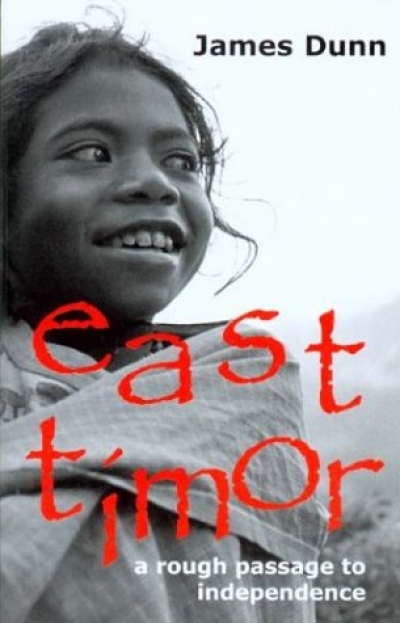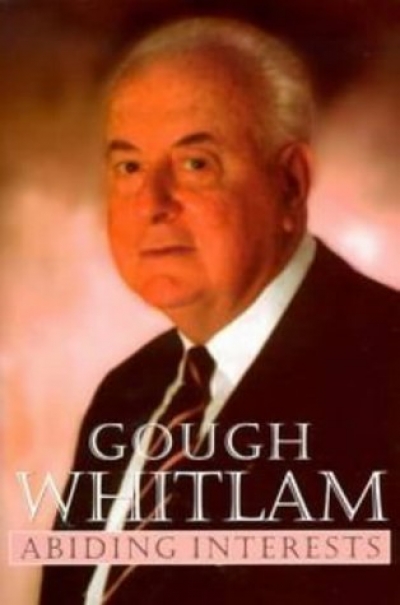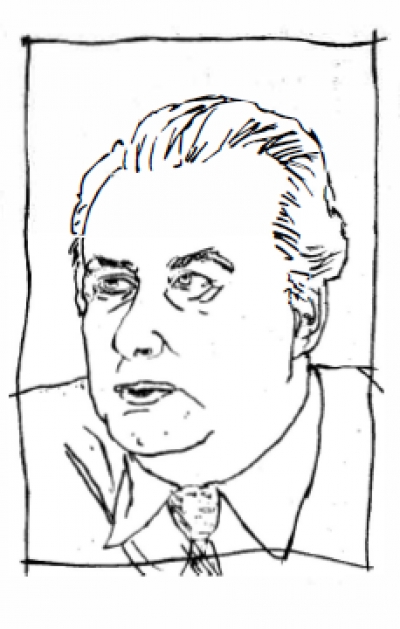Accessibility Tools
- Content scaling 100%
- Font size 100%
- Line height 100%
- Letter spacing 100%
Gough Whitlam
The ABR Podcast
Released every Thursday, the ABR podcast features our finest reviews, poetry, fiction, interviews, and commentary.
Subscribe via iTunes, Stitcher, Google, or Spotify, or search for ‘The ABR Podcast’ on your favourite podcast app.
Feeding the beast: On corporate cancel culture
by Josh Bornstein
This week on The ABR Podcast, Josh Bornstein discusses corporate cancel culture. Bornstein argues that ‘Companies now routinely censor their employees far more repressively than any liberal democratic government does’. Josh Bornstein is an award-winning workplace lawyer and writer. His first book, Working for the Brand: How corporations are destroying free speech was recently published by Scribe. Listen to Josh Bornstein’s ‘Feeding the beast: On corporate cancel culture’, published in the November issues of ABR.





